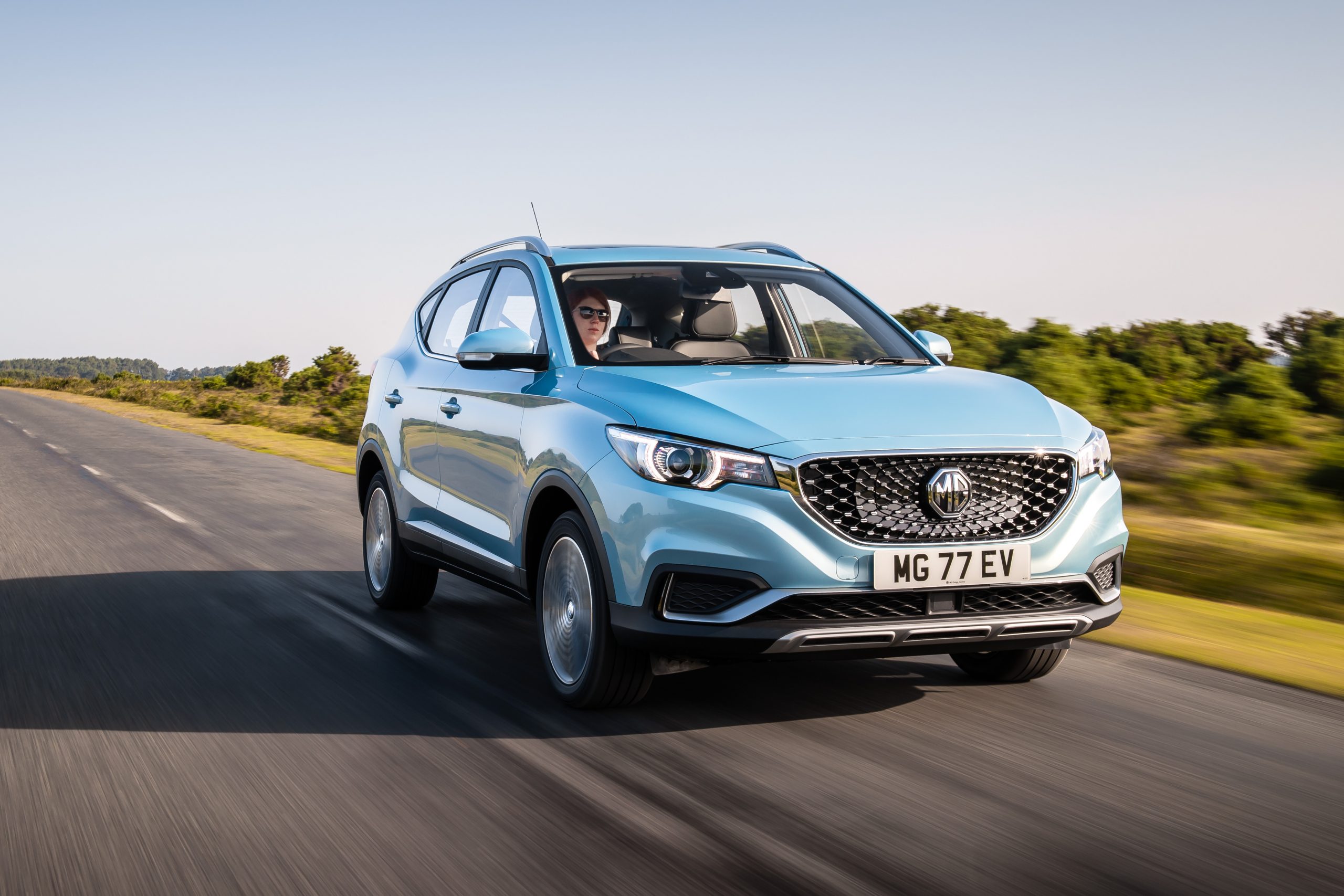Electric cars power ahead of internal combusion engine models, as Robin Roberts explains…
Despite the wider car industry suffering badly from the effects of the pandemic, 2020 was a landmark year when it came to sales of battery electric vehicles with twice as many sold last year compared to the year before, and a total of more than 200,000 registered since 2010, analysis of SMMT figures by the RAC shows.
December alone saw more zero-emissions vehicles registered than ever in a single month – 21,914, a fraction higher than September’s figure of 21,903. In total in 2020, 108,205 battery-electric vehicles were sold, making them more popular than plug-in hybrid models (66,879 registered) and only a little less popular than conventional (non-plug-in) hybrids (110,087 registered) – although all electrified types of vehicles still saw record high sales in 2020 when compared to previous years.
Though starting from a lower base, the growth in electric car sales is impressive, with 6.6% of all new vehicles registered in 2020 being zero-emission, up from just 1.6% in 2019 and 0.7% in 2018. This means that getting on for a fifth of all cars registered last year (17.5%) were zero-emissions capable – up from just 7.4% in 2019.
RAC data insight spokesman Rod Dennis said, “The end to an unexpected and, from the motor industry’s perspective unwanted 2020, saw record sales of battery-electric vehicles, providing evidence that, from small beginnings, momentum is now gathering pace. There’s a long way to go, with only a tiny fraction of the total 31.2m cars on the UK’s roads fully zero-emission, but the direction is becoming clear.”
